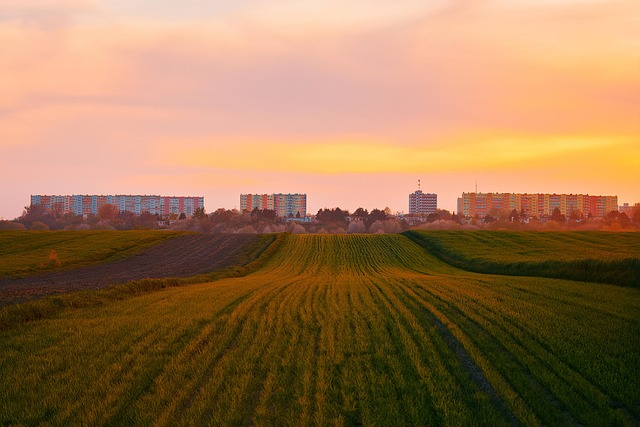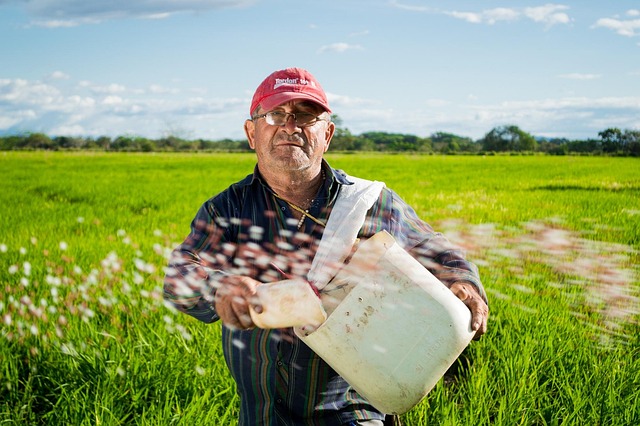In an age where environmental concerns are at the forefront of global dialogue, the concept of urban cultivation opportunities has emerged as a beacon of hope. The Green Revolution encourages us to rethink our relationship with food and the environment, especially in bustling urban settings where concrete often prevails over greenery. Urban gardening isn’t just a trend; it’s a movement towards sustainability, eco-friendliness, and reconnecting with nature.
Imagine the serenity of stepping out on your balcony to pick fresh tomatoes, herbs, or even strawberries from a vertical garden filled with vibrant greenery. Urban cultivation opportunities allow city dwellers to transcend the limitations of space and engage deeply with the food they consume. This movement embodies not just the act of gardening but the spirit of self-sufficiency and healthy living that resonates with those committed to an eco-conscious lifestyle.
Environmentally speaking, urban agriculture plays a significant role in reducing carbon footprints. By growing fruits and vegetables in our own backyards, patios, or rooftops, we diminish the need for transportation and packaging, significantly cutting down emissions associated with conventional food distribution. Furthermore, urban gardens can help mitigate the urban heat island effect, improve air quality, and enhance biodiversity within city landscapes.
The therapeutic aspects of gardening cannot be overlooked either. Tending to plants fosters mindfulness, reduces stress, and promotes mental well-being. It provides individuals, families, and communities a chance to slow down and engage with their surroundings. With each seed planted and every vegetable harvested, city dwellers tap into a gratifying and fulfilling experience that not only nurtures the body but also the soul.
As we explore urban cultivation opportunities, innovative concepts such as community gardens and rooftop farms bring people together, cultivating a sense of camaraderie and shared purpose. These spaces serve as environmental sanctuaries, allowing residents to unite over a common goal—sustainability. Engaging with local governments and organizations can ensure the success of these initiatives, paving the way for policies that support urban agriculture and related community programs.
Beyond the environmental benefits, urban cultivation cultivates a greater understanding of where our food comes from. Many young people are distanced from traditional agriculture and unaware of the processes involved in growing food. Urban gardening helps bridge this gap, instilling a sense of responsibility and appreciation for nature’s bounty. Schools are starting to incorporate gardening into their curriculums, thereby inspiring the next generation of eco-conscious citizens who are well-informed and motivated to lead sustainable lifestyles.
As urban cultivation opportunities continue to gain momentum, it is essential to harness the collective effort of individuals, communities, and organizations. By supporting local farmers’ markets, purchasing seasonal produce, and advocating for urban farming initiatives, we can all contribute to a greener future. The more we engage with our environment through urban gardening, the closer we move towards a sustainable way of life.
Ultimately, the Green Revolution doesn’t just ask us to look at the world differently; it urges us to act in harmony with it. People worldwide are realizing the importance of nurturing our planet, and urban cultivation is a powerful vehicle towards achieving not just personal health, but environmental health. The opportunities are limitless, waiting for individuals to dig their hands into the earth and sow the seeds of a greener tomorrow.




